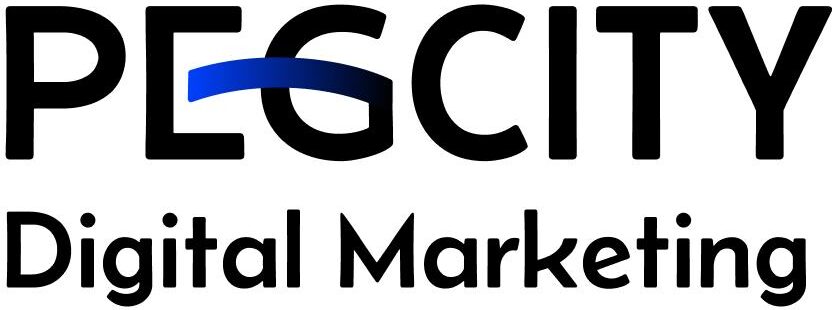In the evolving landscape of digital marketing, where SEO strategies continuously adapt to search engine algorithms and user behaviors, one element remains consistently vital: the meta title.
A meta title (also known as a title tag) is the clickable headline that appears on search engine results pages (SERPs) and browser tabs. It is often the first impression users have of your website — and in 2025, when competition for visibility is fiercer than ever, that impression matters more than you might think.
What Is a Meta Title?
A meta title is an HTML element that specifies the title of a web page. It’s primarily displayed:
As the blue link in Google search results
At the top of a browser tab
When a page is shared across social platforms
While it’s invisible to users directly on the page, it plays a major role in search engine indexing and user engagement.
In essence, a strong meta title tells both users and search engines what your page is about — briefly, accurately, and enticingly.
Why Meta Titles Matter in 2025
1. First Impressions Drive Clicks
With AI advancements and enhanced SERP features like Google’s SGE (Search Generative Experience), users are bombarded with more information at a glance. A compelling meta title cuts through the noise, grabs attention, and convinces users to click your link over the competition.
2. SEO Rankings Are Influenced
Although meta titles themselves are not the sole ranking factor, they heavily influence click-through rates (CTR) — a metric Google continues to value. Higher CTRs signal to search engines that your content is relevant and valuable, which can boost your organic rankings.
3. Better User Experience
Clear, concise titles improve user expectations. In 2025, with personalized search results becoming standard, a well-crafted meta title helps users immediately understand if your content matches their intent, reducing bounce rates and building trust.
4. Essential for Voice and AI Search
Meta titles are now being utilized more in voice search snippets and AI-driven results summaries. Crafting optimized titles ensures your pages are better represented when users interact with voice assistants or AI chatbots pulling real-time search data.
How to Create a Great Meta Title
Keep it concise: Aim for 50–60 characters to avoid truncation.
Include your main keyword: Naturally, place it near the beginning.
Be specific and engaging: Think about what problem you’re solving.
Avoid duplication: Each page should have a unique meta title.
Align with page content: Misleading titles hurt both SEO and trust.
Final Thoughts
In 2025’s competitive digital environment, meta titles are no longer optional or secondary. They’re a critical part of your SEO foundation, influencing everything from visibility and CTRs to user trust and search performance. Investing time into crafting strong, strategic meta titles could mean the difference between a user clicking through to your website or passing you by entirely.
At PegCity Digital Marketing, we help businesses not just show up, but stand out. If you’re ready to optimize your SEO strategy for the future, contact us today.



